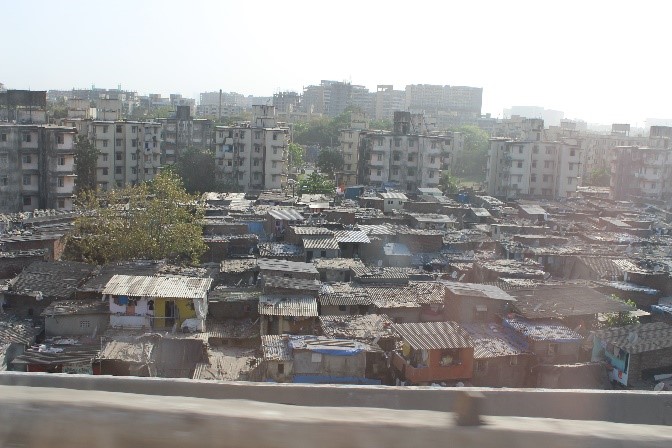1. Arthur Kohun,’Histroy Builds the Towns’, Lund Humphries, London, 1953.
2. Bhatt Caste, ‘Class and Politics’, Manohar Book Service, Delhi. 1975.
3. Carter H, ‘The Study of Urban Geography’, Edward A Old, London. 1972.
4. Chapin F.S, ‘Urban Land use Planning’, Higg & brothers, New York, 1965.
5. Antony Giddens and Philip W Sutton, ‘Sociology-Introductory Readings, Polity, Oxford. 2010.
6. Global Review of Human Settlements, Pergamon Press, London, 1976.
7. Xiangming Chen, ‘Introduction to Cities: How Places and Space shape Human Experience, Wiley Blackwell, UK 2012
8. Sundaram K.V. (Ed), ‘Geography & Planning’, Concept Publishing Co., New Delhi, 1985.
9. Wilson R.A. & D.A. Schulz, ‘Urban Sociology’, Prentice Hall Inc., New Jersey, 1978.
10. Saskia Sassen, ‘Cities in the World economy’, Pine Forge Publishers UK.
11. Philip McGann, ‘Modern Urban and Regional Economics’ Oxford University press London.2013.
12. Frank Tonkins, ‘Cities by Design: The Social Life of Urban Form’ Polity Publications, UK. 2013.
13. O ’Sullivan, A. (2014) Urban Economics, 8th Edition (McGraw Hill/Irwin).


